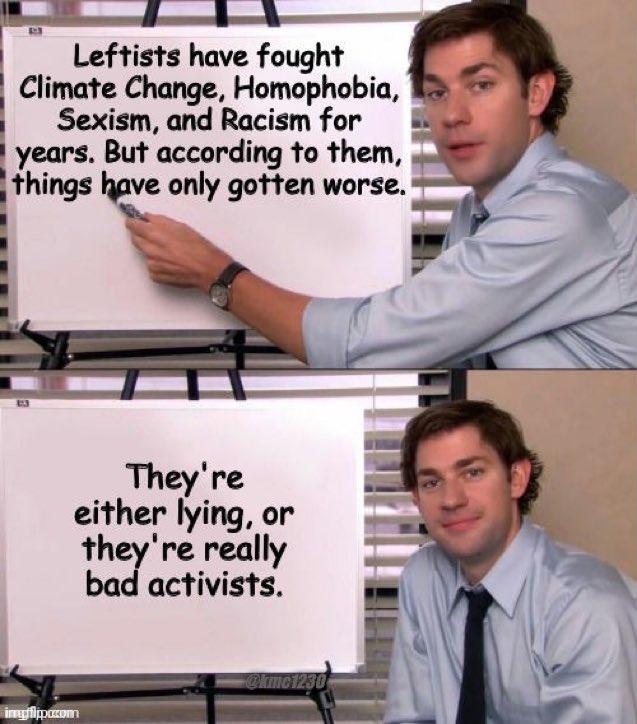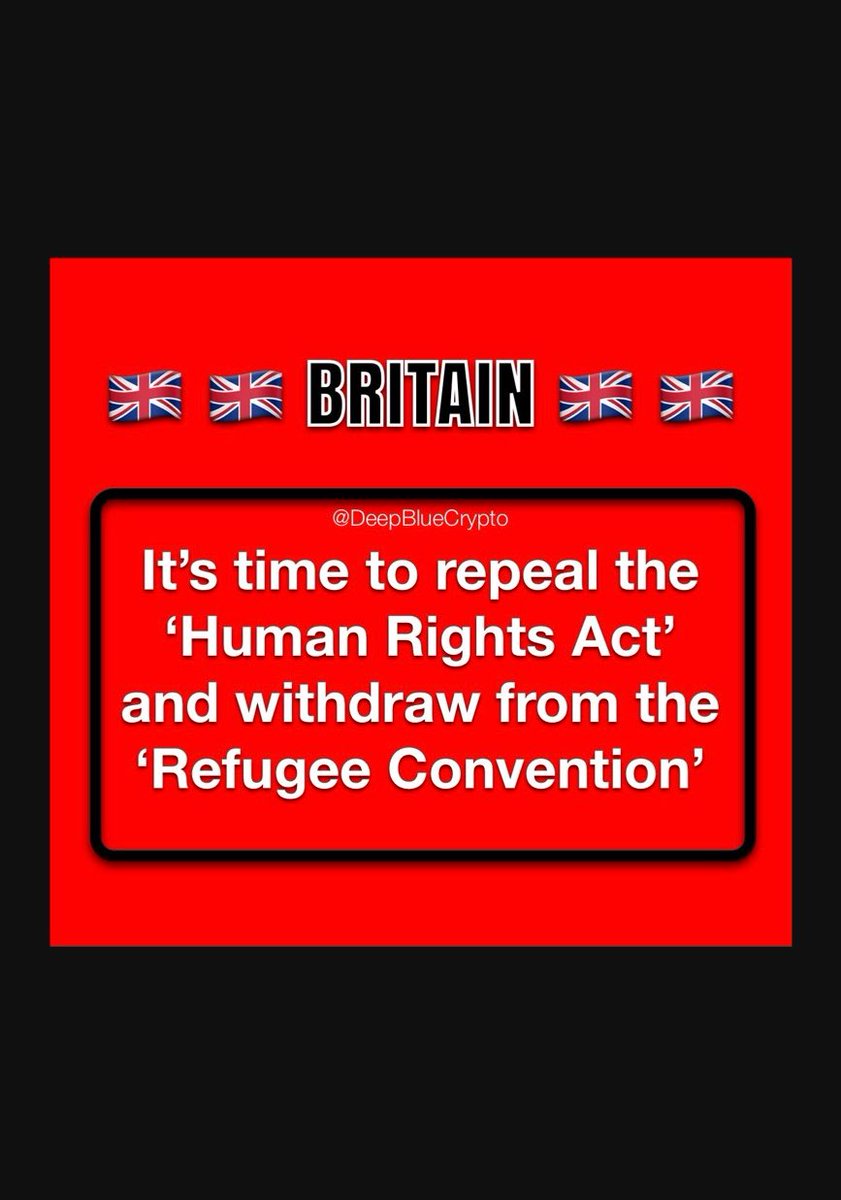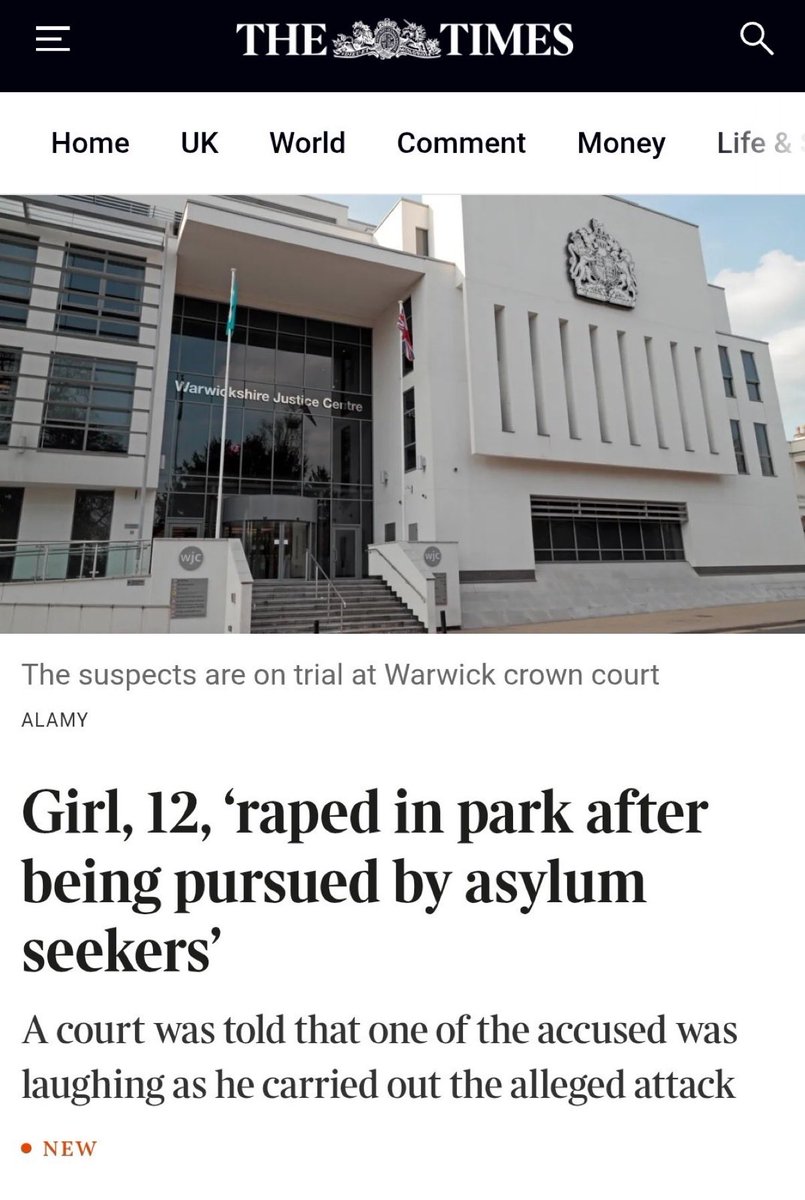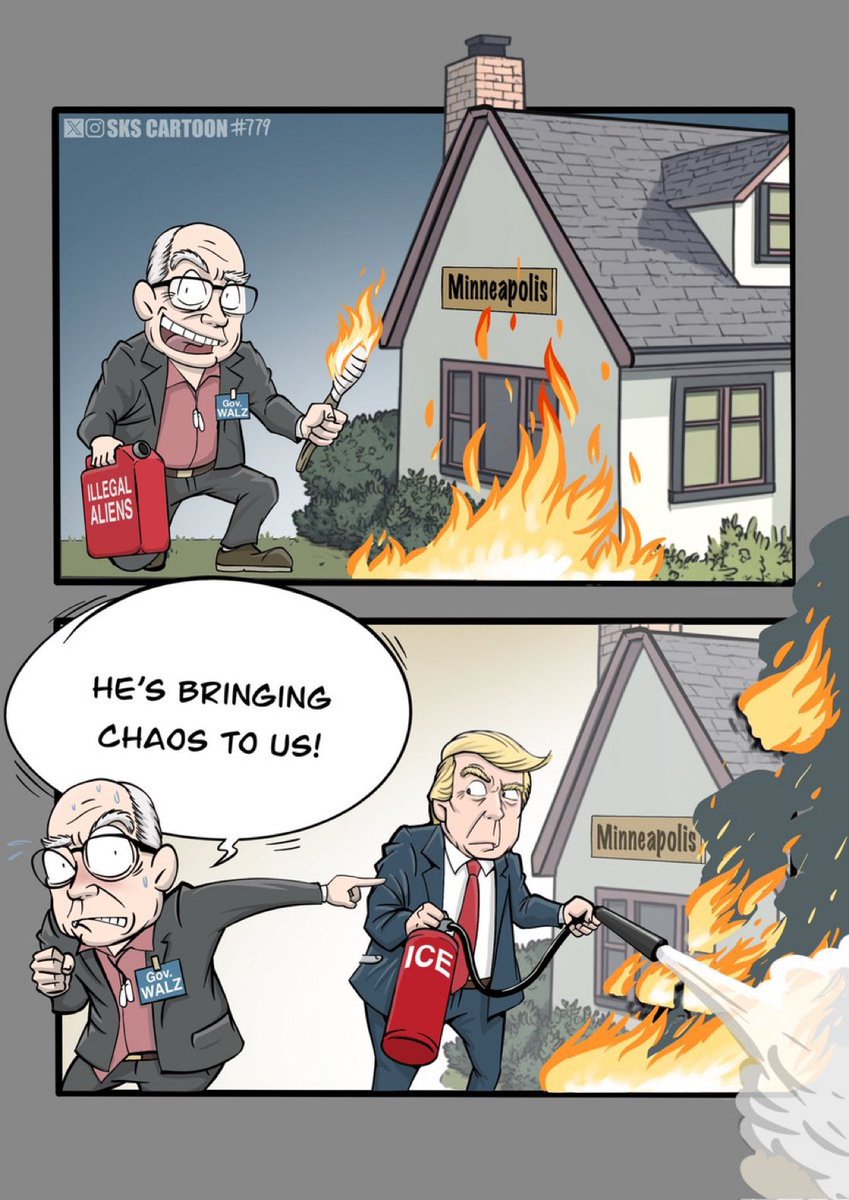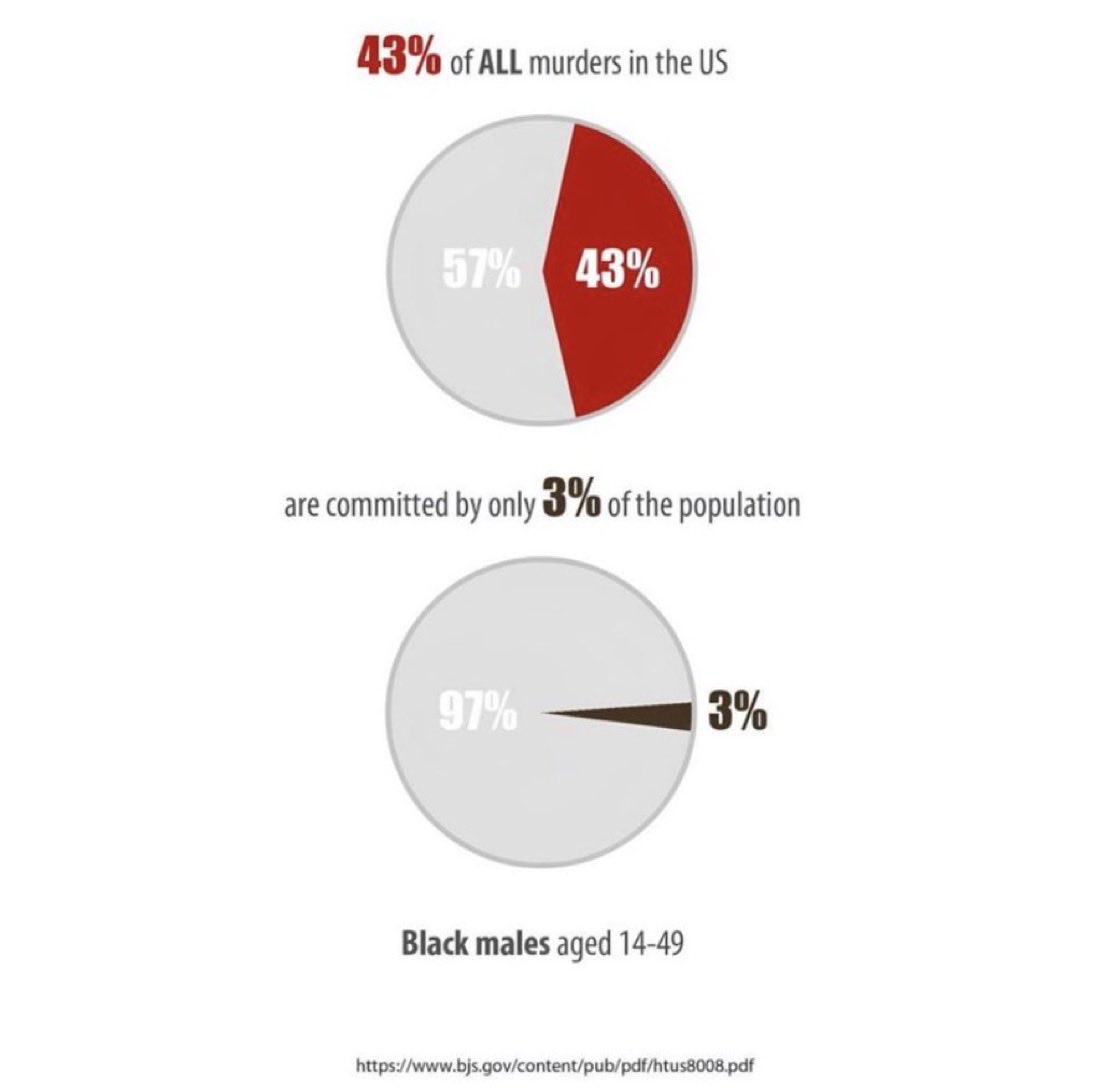#ClimateChange is one of the easiest selling points for your woke politicians to spend money they don’t have on weather problems they can’t fix and keep y’all in a state of fear on an impending doom.
The reality is all those experts, scientists, politicians follow the money
The reality is all those experts, scientists, politicians follow the money

Here’s a prev thread 🧵 on #ClimateChange #ClimateScam
https://twitter.com/DeepBlueCrypto/status/1614939433844744193
So much for #ClimateChange #ClimateCrisis #GreenEnergy #WindEnergy
Polluting the environment more than we are generating energy out of them
Polluting the environment more than we are generating energy out of them

In the name of #ClimateChange short term thinking politicians are making matters worse by shutting down nuclear power stations and emitting more green house gases than necessary for making the grid reliable.
https://twitter.com/ShellenbergerMD/status/1621864885608144896
They build extremely expensive wind farms in the name of #ClimateChange
Then they realize how inefficient and unreliable they are for energy production. Then they secretly start running them on diesel 😂
Then they realize how inefficient and unreliable they are for energy production. Then they secretly start running them on diesel 😂

#ClimateChange is virtue signaling for some and torture for others. Your wealth status defines where you are. 

#MichaelBloomberg is virtue signaling about #ClimateChange he isn’t serious about it… if he is he’d be taking public transportation himself stopping his fleet from killing the planet 

The same people who advocated for a ban on plastic straws want you to wear a mask. What they won't tell you is that approximately 𝗳𝗶𝘃𝗲 𝗯𝗶𝗹𝗹𝗶𝗼𝗻 disposable masks have ended up in the ocean thus far, entering our food chain via #microplastics 

GREEN ENERGY IS NOT CLEAN ENERGY… IT ALWAYS COMES AT A COST OF POLLUTING THE EARTH. WESTERN CONSUMERS OF #EV MIGHT FEEL GREAT ABOUT THEMSELVES AT THE GRAVE COST OF POLLUTING CHILE 🇨🇱
https://twitter.com/JohnLeePettim13/status/1623215944540594176
The future with #ClimateChange 
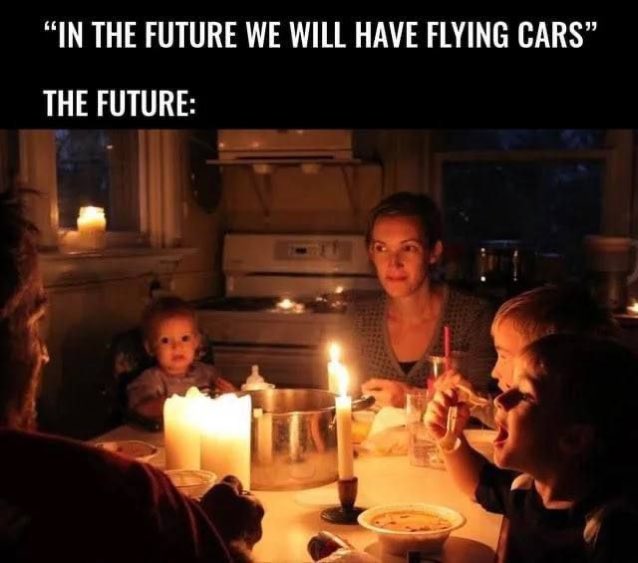
The #GreenEnergy you crave for 

China 🇨🇳 dumping factory waste directly into the sea… all you need is a few political friends on your side
They scare you with #ClimateChange planet doom and gloom scenarios a plenty from times immemorial.
They wanted you to be afraid in 1974
They wanted you to be afraid in 1984
They wanted you to be afraid in 1994
They wanted you to be afraid in 2004
They wanted you to be afraid in… twitter.com/i/web/status/1…
They wanted you to be afraid in 1974
They wanted you to be afraid in 1984
They wanted you to be afraid in 1994
They wanted you to be afraid in 2004
They wanted you to be afraid in… twitter.com/i/web/status/1…

Why not ship all the cows from earth to moon and let them fart there, light the methane gases to shoot cannons to fix #ClimateChange 

If they don’t stand to benefit, they wouldn’t care about #ClimateChange 

#GretaThunberg is very selective on whom she calls out “How Dare You?” 

ONE OF THE LARGEST ECOLOGICAL AND ENVIRONMENTAL DISASTERS IN THE CONTINENTAL UNITED STATES
https://twitter.com/deepbluecrypto/status/1625327331119177728
Al Gore made $330 million on his #ClimateCrisis books like these
- “An Inconvenient Truth”
- “Earth In The Balance”
How much money are you expecting to raise with “The Climate Book”
I’m guessing at least $500 million 😂
- “An Inconvenient Truth”
- “Earth In The Balance”
How much money are you expecting to raise with “The Climate Book”
I’m guessing at least $500 million 😂
https://twitter.com/GretaThunberg/status/1625575675888295955
Experts: It could cost $50 TRILLION to make the U.S. carbon neutral by 2050.
Q: “How much will that lower global temperatures?”
A: “No one can know for sure” & “I don’t know”
So if #ClimateChange is sucking in all this money for no concrete results, … twitter.com/i/web/status/1…
Q: “How much will that lower global temperatures?”
A: “No one can know for sure” & “I don’t know”
So if #ClimateChange is sucking in all this money for no concrete results, … twitter.com/i/web/status/1…
Politicians and wealthy elite would rather fly on gas guzzling military planes than take public transportation to save the cost and save the planet.
If you ask them, they say they buy carbon credits to offset the fossil fuel burn… carbon credits is one of the biggest scams… twitter.com/i/web/status/1…
If you ask them, they say they buy carbon credits to offset the fossil fuel burn… carbon credits is one of the biggest scams… twitter.com/i/web/status/1…

Burning rainforests for silicon production used in wafers and solar panels isn’t exactly #GreenEnergy
https://twitter.com/johnleepettim13/status/1627041579230810112
• • •
Missing some Tweet in this thread? You can try to
force a refresh

